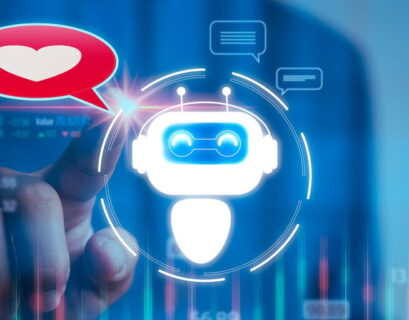Artificial intelligence has been utilized to explore various aspects of our lives, such as weather prediction, disease detection, and grading academic papers. Surprisingly, AI has also delved into the realm of mental health, offering emotional support through chatbots accessible on smartphones 24⁄7. With a growing demand for therapy and a shortage of professionals, AI-driven chatbots aim to bridge this gap. However, not all bots are created equal, as some excel in aiding recovery while others may prove inefficient or even detrimental.
Alison Darcy, a trailblazer in this field, has successfully integrated technology with care to advance mental health services. Recognizing the unmet needs of many individuals requiring assistance, she saw an opportunity to leverage technology beyond traditional office settings to reach people in their homes.
Drawing from her expertise as a psychologist and entrepreneur, Alison Darcy combined programming and therapy to develop Woebot, a mental wellness chatbot. Woebot functions as a pocket doctor on your smartphone, utilizing language processing to address issues like depression, anxiety, habits, and grief on-the-go.
Woebot’s approach mirrors cognitive behavioral therapy (CBT) by identifying negative thought patterns and challenging them. This method aims to provide support similar to in-person therapy sessions, especially during critical moments when immediate assistance is needed.
Despite the benefits of AI-driven chatbots like Woebot, there are limitations to be aware of. While these tools can offer valuable insights and guidance, they should not replace professional intervention, especially in cases of crisis or severe mental health conditions.
The evolution of AI in mental health care has introduced new challenges and considerations. The use of generative AI, which allows for unique responses based on internet data, presents both opportunities and risks. Ensuring the safety and effectiveness of AI applications in mental health requires careful oversight and continuous improvement.
As the field of AI in mental health care continues to evolve, it is essential to strike a balance between innovation and responsibility. By critically evaluating these technologies and addressing potential pitfalls, we can harness the full potential of AI to enhance mental health services while maintaining public trust and safety.










